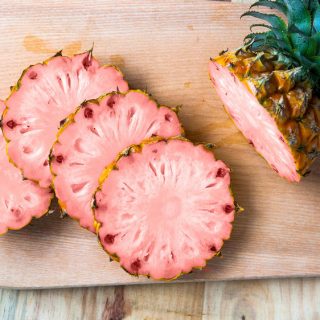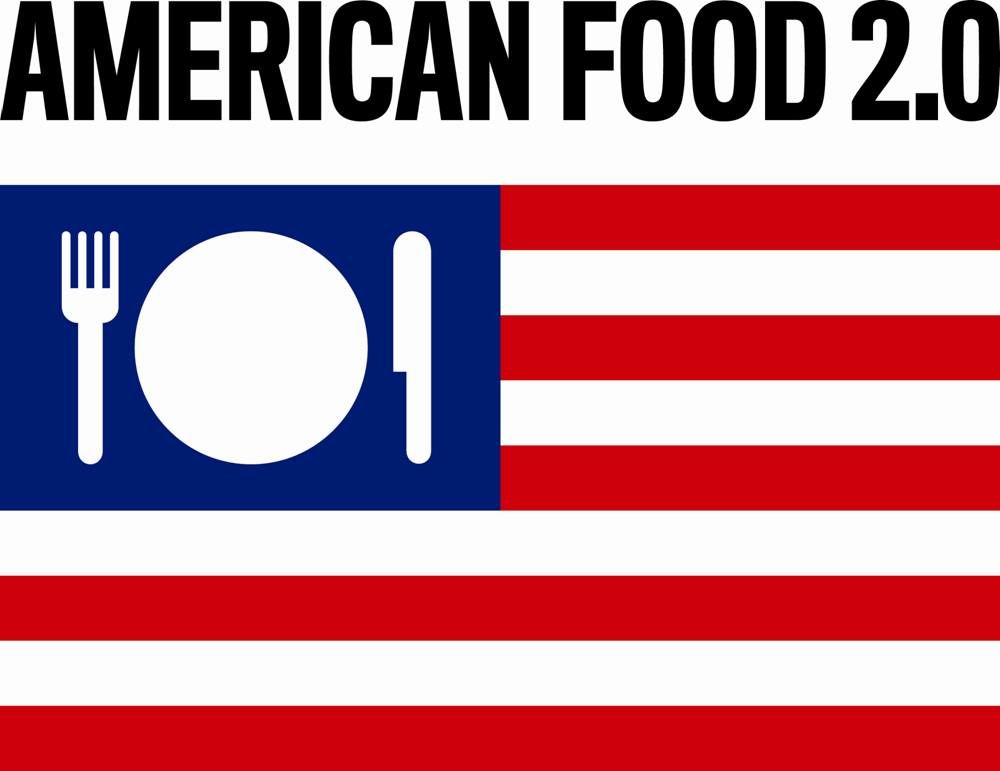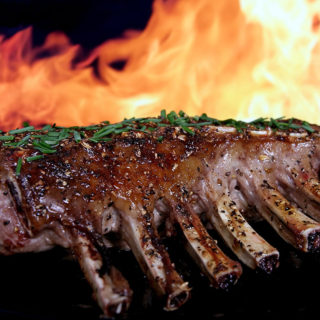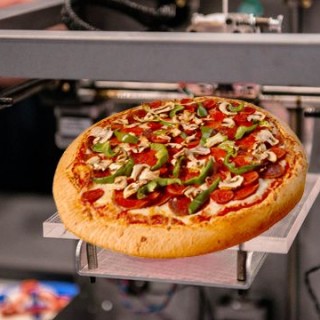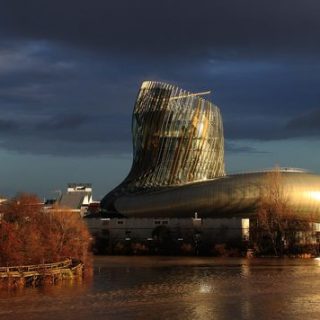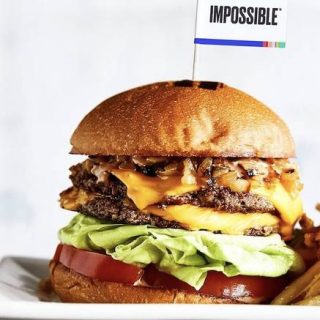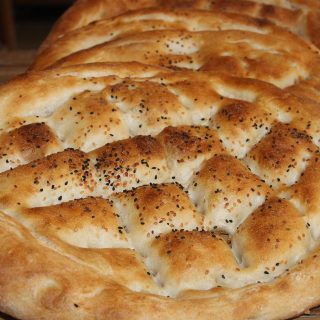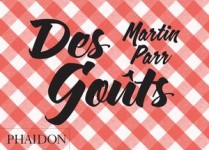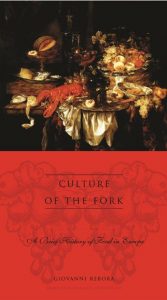 We know where he went, what he wrote, and even what he wore, but what in the world did Christopher Columbus eat? The Renaissance and the age of discovery introduced Europeans to exotic cultures, mores, manners, and ideas. Along with the cross-cultural exchange of Old and New World, East and West, came new foodstuffs, preparations, and flavors. That kitchen revolution led to the development of new utensils and table manners. Some of the impact is still felt—and tasted—today.
We know where he went, what he wrote, and even what he wore, but what in the world did Christopher Columbus eat? The Renaissance and the age of discovery introduced Europeans to exotic cultures, mores, manners, and ideas. Along with the cross-cultural exchange of Old and New World, East and West, came new foodstuffs, preparations, and flavors. That kitchen revolution led to the development of new utensils and table manners. Some of the impact is still felt—and tasted—today.
Giovanni Rebora has crafted an elegant and accessible history filled with fascinating information and illustrations. He discusses the availability of resources, how people kept from starving in the winter, how they farmed, how tastes developed and changed, what the lower classes ate, and what the aristocracy enjoyed.
The book is divided into brief chapters covering the history of bread, soups, stuffed pastas, the use of salt, cheese, meat, fish, fruits and vegetables, the arrival of butter, the quest for sugar, new world foods, setting the table, and beverages, including wine and tea. A special appendix, “A Meal with Columbus,” includes a mini-anthology of recipes from the countries where he lived: Italy, Portugal, Spain, and England.
Entertaining and enlightening, Culture of the Fork will interest scholars of history and gastronomy—and everyone who eats.
Contents :
1. Grain and Bread
2. Soup with Bread, Polenta, Vegetable Stew, and Pasta
3. Stuffed Pasta
4. Water and Salt
5. Cheese
6. Meat
7. The Farmyard
8. Fish
9. Salt-cured Products and Sausages
10. Vegetables and Fruits
11. Fat was Good
12. Spices
13. The Atlantic, the East, and a Few West Indies
14. From the Iberian Peninsula to the Distant Americas: The Sugar Route
15. From Europe to America
16. To Eat at the Same ÆMDRVØMensaÆMDNMØ
17. Eating and Drinking
18. Dining with Discernment
Appendix: Dining with Christopher Columbus



